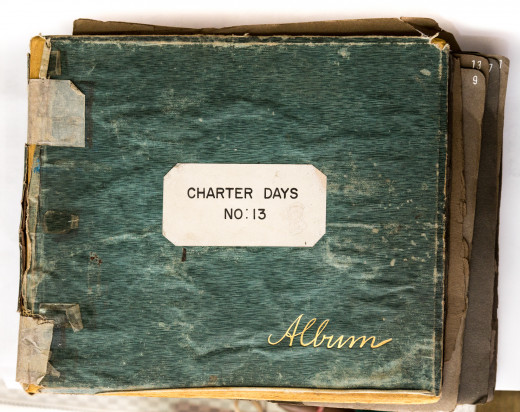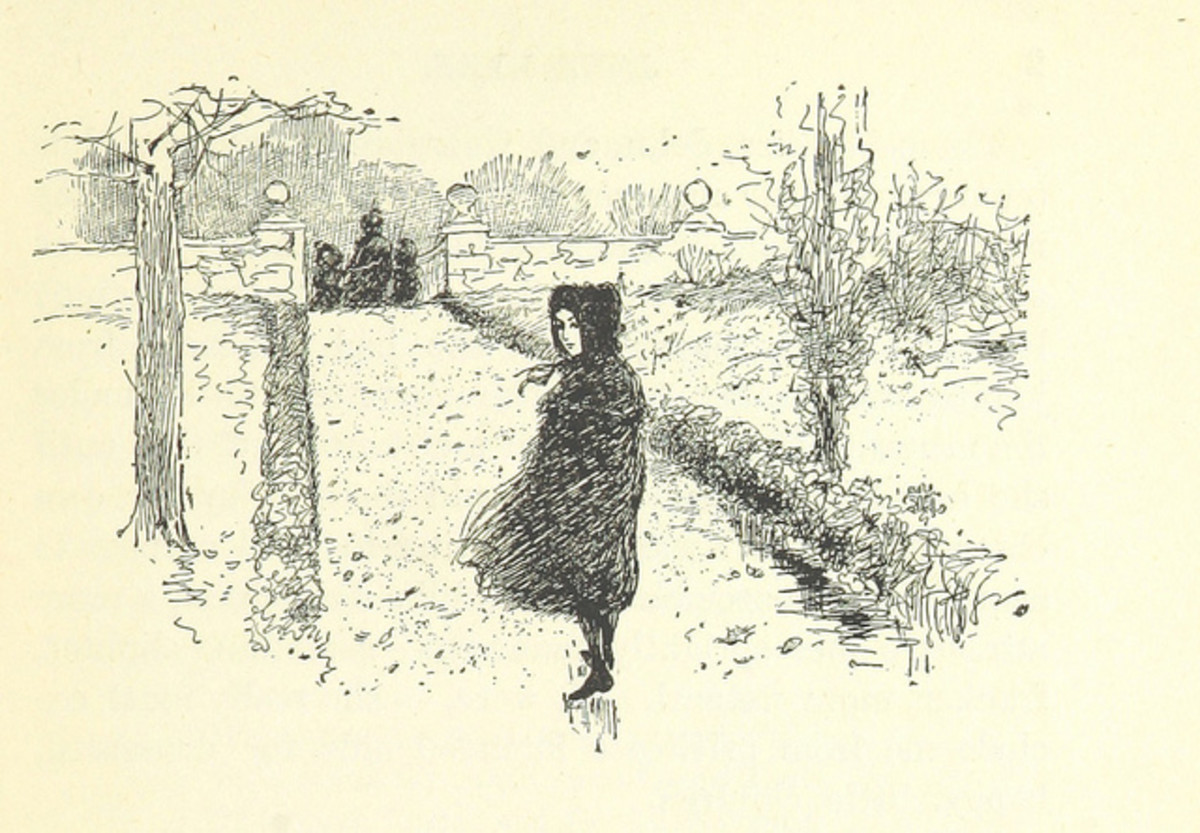Why Read The Classics?

We Must Keep These Things!
“‘Classic’-- a book which people praise and don’t read.” This was how Mark Twain summed up his thoughts on the participation of the public in classic literature. This is exactly how our society would be, if it was not for the assigned reading of classics in English classes across the country. Without the coercion of literature teachers, most high school students would not think twice about reading books such as Animal Farm, Of Mice and Men, or Frankenstein, but generally feel lucky to have had the chance afterwards. There are many reasons why classic literature should remain present in English teachers’ course schedule, such as: the history obtained from literature, the cultural connections it provides, and the fact that they have stood the test of time.
They Contain Historical Veracity.
In recent years, observers of education have began to develop the thought that teachers should be forming their curriculum around works of nonfiction, instead of classic novels, plays, or poems. The point behind this is that students will receive more information about history that is more useful than fictional literature. The problem with this view is that they are underestimating the relationship between literature and history. When preparing to read a book from the eighteenth century, it is almost guaranteed that the teacher will take some time to review the background information that would have led the author to write it. It is not uncommon for a student to learn more about the history of a specific time from their English teacher than they do from their history class. Besides the background information they can learn directly from their teacher, there is also a vast amount of history inside the text itself. When reading Of Mice and Men, it is not hard for one to discern the hard times that plagued America in the Great Depression, or harsh social prejudices that were present. Literature gives the reader an insider opinion of what was going on in the world around the author at the time it was written.

These Books Connect Us.
If the American school system decides to go the route of reading contemporary books that people think the students will enjoy more, they will be giving up the ability for students to connect what they learn in the classroom to the world around them. Classic literature creates a world where motifs and symbolism can be carried over from one story to another, as well to their lives. Every piece of classic literature has some theme that can be applied to the life of the reader. As well as being able to use quotes from novels in everyday life, students can also relate to other generations. When students are able to converse about books they read in school with their parents, grandparents, or other adult figures, and get different opinions or insight on the book, they receive a feeling of accomplishment that cannot be matched when reading contemporary novels.
It's Just Good Stuff.
Aside from the reasons that may not as easily be seen by outsiders, there is also the obvious reasons of the the quality of the writing. Despite the conspiracy theories that may be made about why these famous texts have lasted this long, there cannot be much argument that they have remained popular throughout time because of the excellent skill of the writers. It is not in every book that one reads that there is symbolism, alliteration, allusions, foreshadowing, and great imagery-- while most renowned literature contains most of these. There have been few things-- like political institutions,religious denominations, or strength in a country-- that have been able to stand the test of time. These works of literature have kept popularity and respect throughout the ages, despite the changing world around them. Generally, pieces of history that last through several generations deserve to passed on to the next one.

Don't Fret, Bookworm.
Many arguments can be made for moving toward teaching contemporary novels or nonfiction in the English classroom, but in the words of Atticus Finch “It’s not time to worry yet.” There have been movements away from classic literature since some of the classics were written, but there have yet to be substantial results. Thus far in the history of education, teachers have understood the value of requiring their students to read such great novels. Hopefully in the years to come, the front-runners of literary analyzers do not lose sight of the benefits that lay within the pages of these works.








